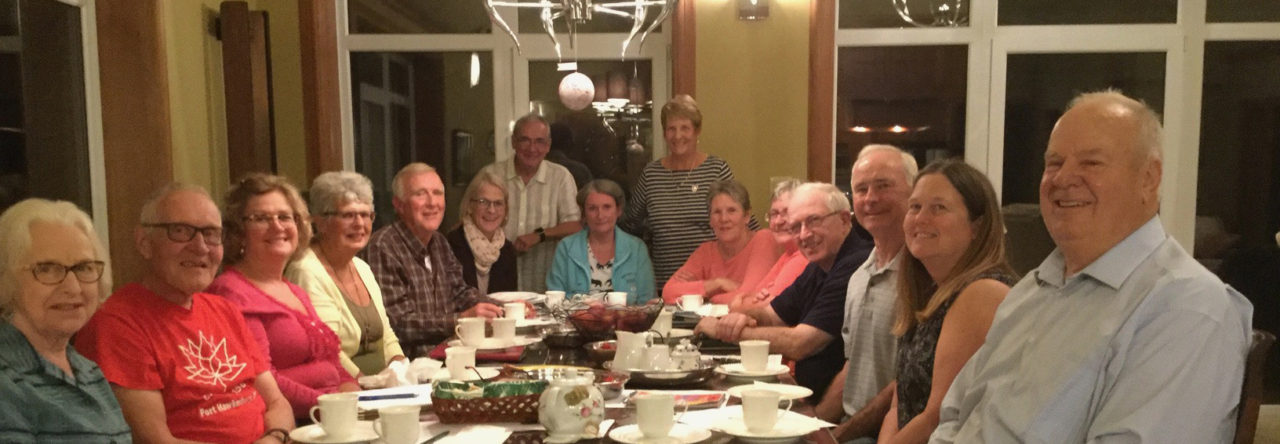Mporokoso Convent is the home of the Sisters of the Child Jesus. The sisters have lived with an unpredictable and unsafe water supply because they were not connected to the city water utility company. They and the pupils they care for at St. Odilia School for the blind, have had numerous health problems due to the contaminated water in the shallow well where they obtained their water. Sr Auxilia Mwansa, the head teacher for St. Odilia in Mporokoso, attests to this truth, that safe water is scarce.
This tainted water and unhygienic conditions, posed significant threats to the health of the community. The sisters had to collect rain water in barrels or draw water from a shallow unreliable well on their property, both which needed to be boiled for human consumption. Inadequate access to safely managed water and sanitation facilities led to the spread of waterborne diseases such as typhoid and diarrhea problems. These illnesses were affecting the school and convent population and frequently resulted in more medical costs.
When Inverness County Cares (ICC) members visited Mporokoso in the winter of 2024 they noted that the sisters did not have clean running water in their convent. Upon their return they shared this information and two donors offered the $7,200 needed to dig a well in their compound.
The sisters had asked many times for a well to provide them with an ample supply of clean water. It was with jubilation they received the news that a well would be dug in the convent compound. The well drillers hit water at a depth of 51 meters. As the fountain of water gushed high into the air, resounding shouts of delight were heard, accompanied by enthusiastic dancing and celebrations by sisters, students and the many people who will have access to the water.
A 5,000-liter water holding tank was positioned high on a platform to produce water pressure. A pump was installed to pump the water up into the tank from the well. A full tank of water should last 3-4 days. Plumbing will be installed in the convent after Christmas to supply water to taps and toilets.
Because of the ongoing drought in Zambia and surrounding areas electricity which is supplied by hydro dams is rationed daily. The water tank pump will have a three-hour window where water can be pumped to the holding tank.
A huge burden for the sisters has been lifted. They are happy to say that from now on, they will have water 24/7 at the convent and school pupils can access it at their convenience. The well supplies an uninterrupted source of clean fresh water for drinking, washing, household activities, especially since all school and convent washing is done by hand in tubs. The sisters routinely attend mass each morning, and they rise early (5:00) to prepare water for bathing. The much more available water is much less labor intensive and allows them more time for other tasks.
The water borehole at the convent has helped reduce the demand placed on the school supply. The school water was used to supplement the domestic water use at the convent. Borehole water will be used to maintain crops and gardens and water livestock. The sisters now have a reliable supply of water without the worry of watermain problems or lack of water from the water utility.
The borehole water is rich in naturally occurring minerals and hasn’t been treated or altered with any man-made chemical additives. When you drink the water straight from your personal groundwater source, it has been filtered and cleaned for you by mother earth herself, while leaving behind all the good-for-you minerals unlike the water supplied by the water utility company which is treated by chemicals!
The water borehole has been properly constructed with geophysical testing beforehand to determine the best place to dig. A well-respected borehole drilling/servicing company was hired to drill and maintain the borehole with routine checkups and service work if needed.
To understand the delight felt by the sisters, we can just go back to our last long term power outage and think of the thrill we experienced seeing the Nova Scotia Power trucks hooking us back up to the electricity grid.
A joyous thank you to our generous donors.
Many thanks to our supporters who donate bottles and cans at our drop off trailers in Mabou and Port Hood.
Inverness County Cares (ICC) is a local charitable organization, founded in 2012 and based in Inverness County, NS, Canada. ICC works in partnership with Chalice.ca, a Canadian charity, based in Bedford, Nova Scotia. Chalice provides guidance and assistance to help ICC provide a better life for the children at the Kawambwa schools. The Kawambwa Project involves supporting two schools for albino and visually impaired students, in Northern Zambia. Inverness County Cares always welcomes new members. Individuals who wish to donate, can use the donate button on our website http://invernesscountycares.com When using E-transfer, please include your mailing address for CRA tax receipts and a thank you message. E-transfer address: invernesscountycares@gmail.com or send a cheque to Inverness County Cares, 5414 Route 19, Judique, NS, Canada, B0E1P0. Taxation receipts provided.


















